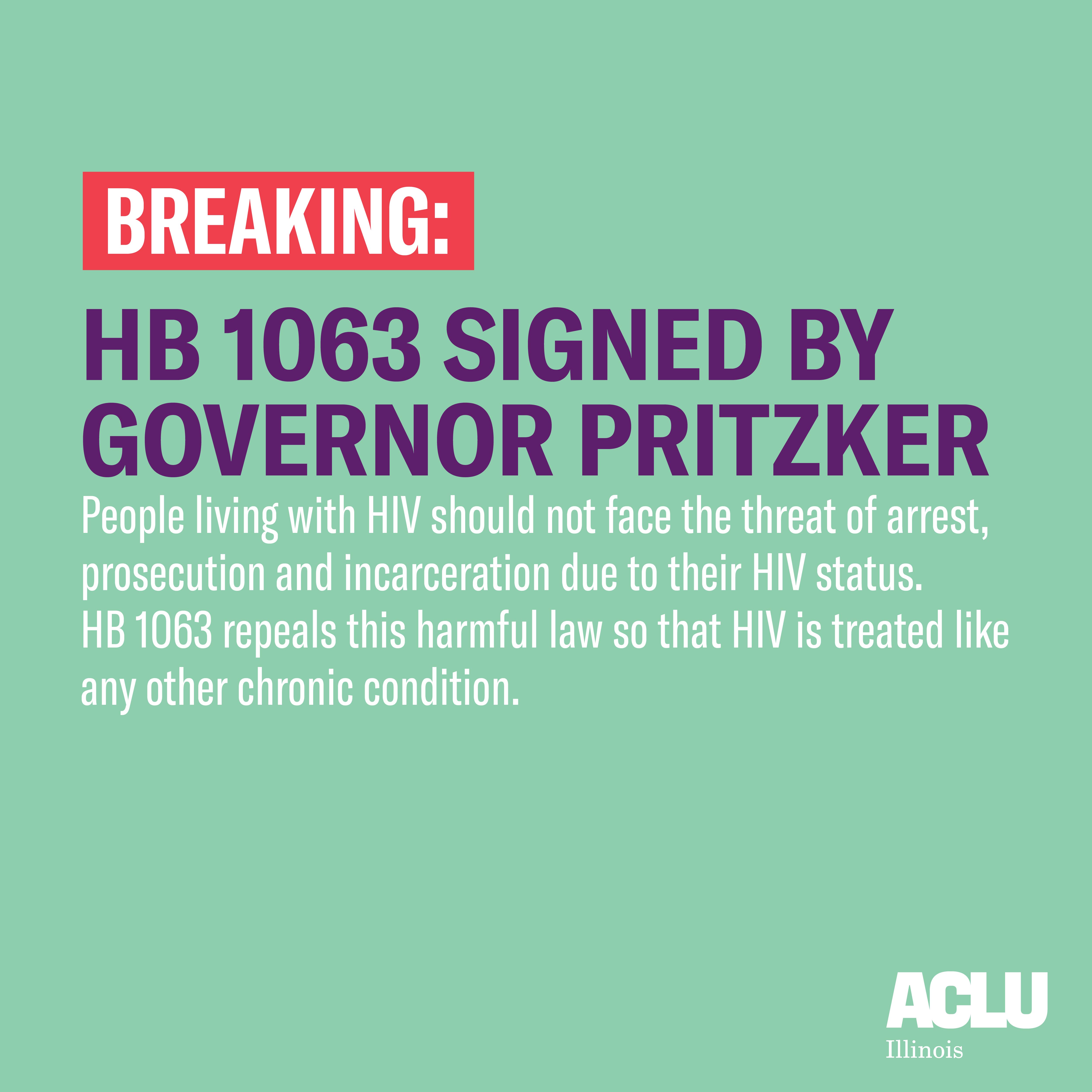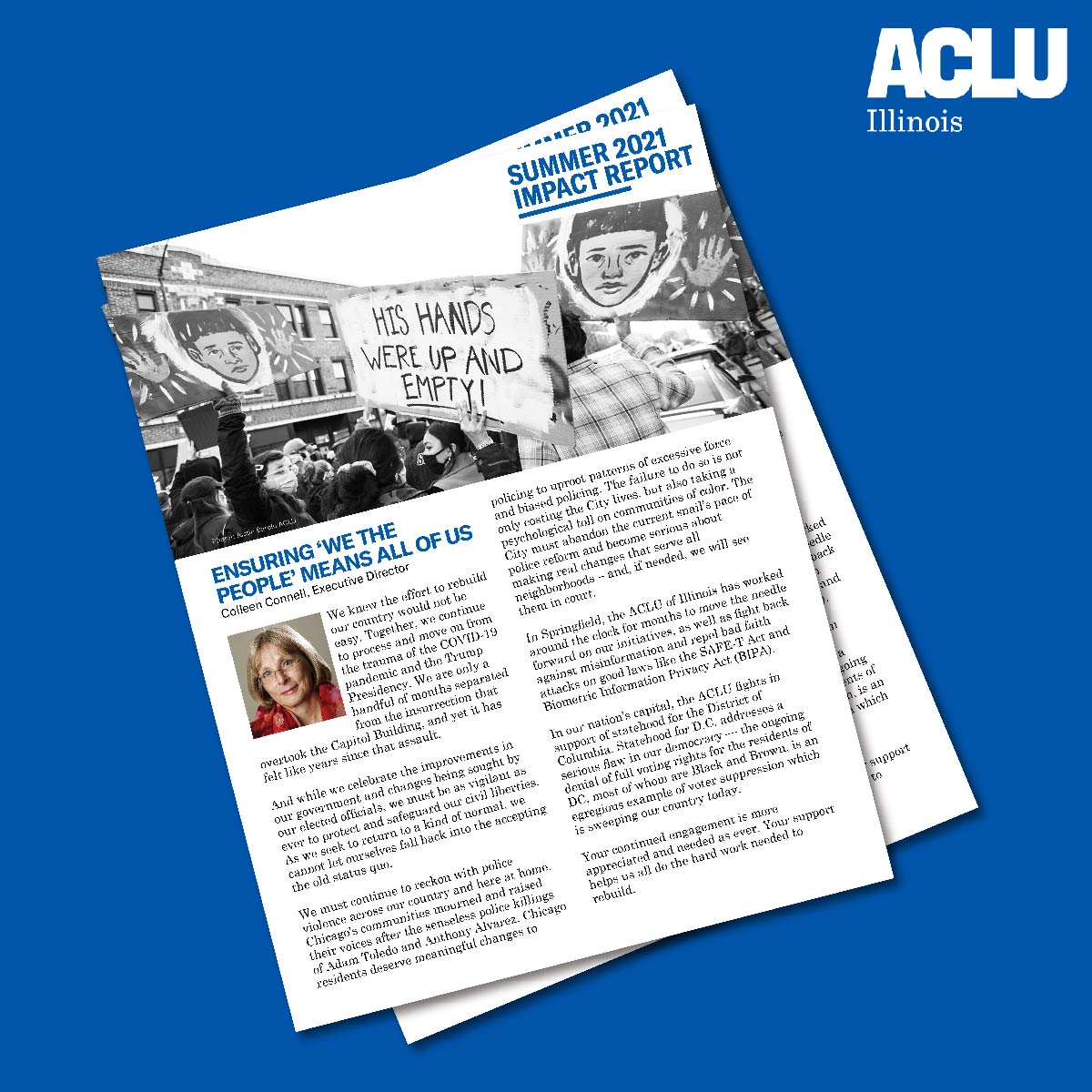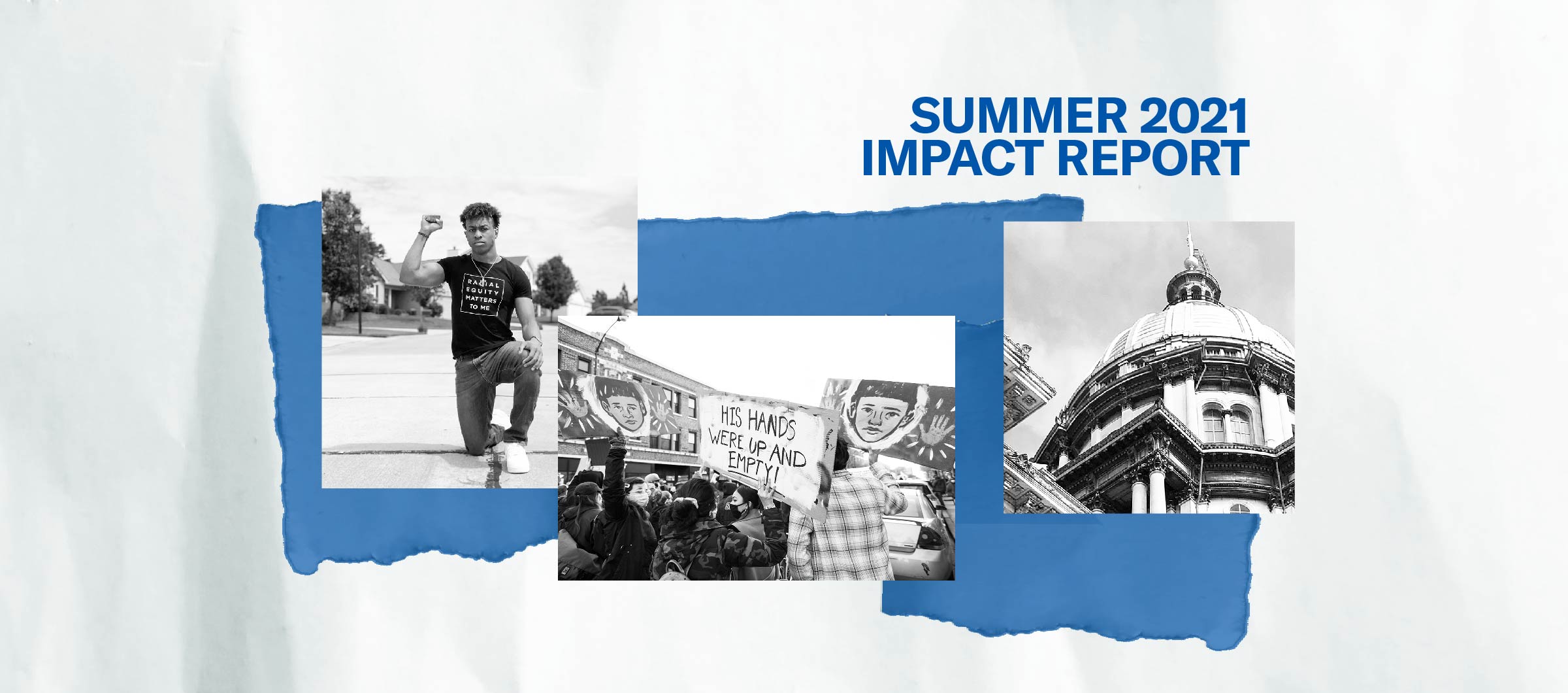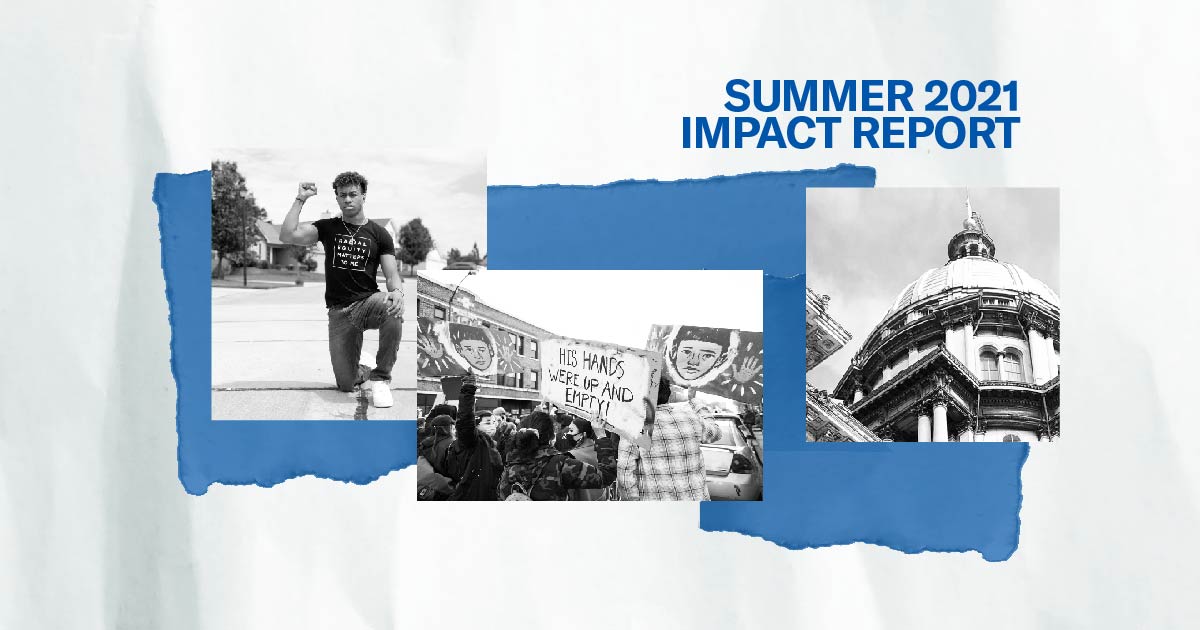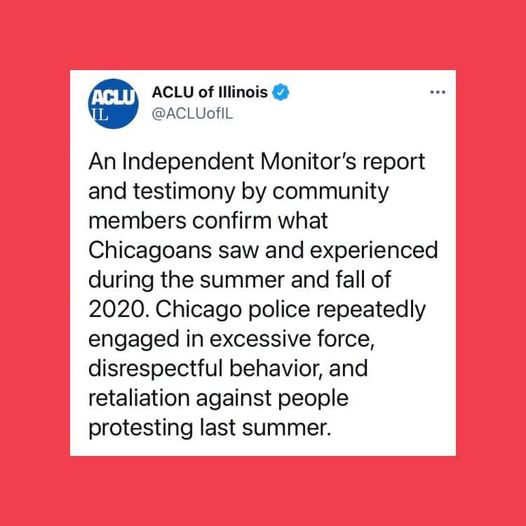Today, Governor JB Pritzker signed House Bill 1063 into law, which ends criminal penalties for those living with HIV in Illinois, effective immediately. Illinois is now the second state in the country to take this crucial action after Texas.
Previously, people living with HIV (PLWH) in Illinois faced the threat of arrest, prosecution and incarceration even if they did not transmit HIV to another person. Additionally, PLWH often faced longer sentences simply because of their HIV status.
“The criminalization of HIV has harmed communities in our home state for decades. It has done nothing other than spread fear and stigma, and it discouraged people from getting tested or knowing their status. This legislation was passed to bring an end to these harms and modernize how we approach this public health issue. We are very relieved to see this destructive law has finally been stricken from the books,” said the Illinois HIV Action Alliance (IHAA).
“Illinois’ HIV criminalization law was rooted in fear and racial biases. It was used to abuse people in our state, targeting people living with HIV and disproportionately affecting LGBTQ+ people, women, and Black and Brown communities,” said State Sen. Robert Peters, lead Senate sponsor.
“Not a single study throughout the country shows HIV criminalization has reduced HIV transmission in any jurisdiction where it exists. It was far past time to get rid of this harmful law, and we thank Governor Pritzker for repealing it once and for all,” said State Rep. Carol Ammons, lead House sponsor.
“The Elizabeth Taylor AIDS Foundation salutes Governor Pritzker for signing HB 1063, a monumental bill that will greatly improve the lives of people living with HIV in the state of Illinois. We congratulate the Illinois HIV Action Alliance and AIDS Foundation Chicago for their tireless work and ambition to fully repeal the state’s HIV criminal code. Following the legacy of our founder, Elizabeth Taylor, we support HB 1063 and stand with all organizations who are committed to reforming unjust HIV legislation nationwide. We remain grateful for the success in Illinois and for the opportunity to support these incredible organizations and community members,” said Catherine Brown, Executive Director, The Elizabeth Taylor AIDS Foundation.
House Bill 1063 ends criminal penalties against PLWH by amending the Criminal Code of 2012, repealing the statute creating the offense of criminal transmission of HIV, and makes conforming changes in the AIDS Confidentiality Act, the Illinois Sexually Transmissible Disease Control Act, the Illinois Vehicle Code, the Criminal Code of 2012, and the Unified Code of Corrections.
Date
Tuesday, July 27, 2021 - 12:30pmFeatured image
